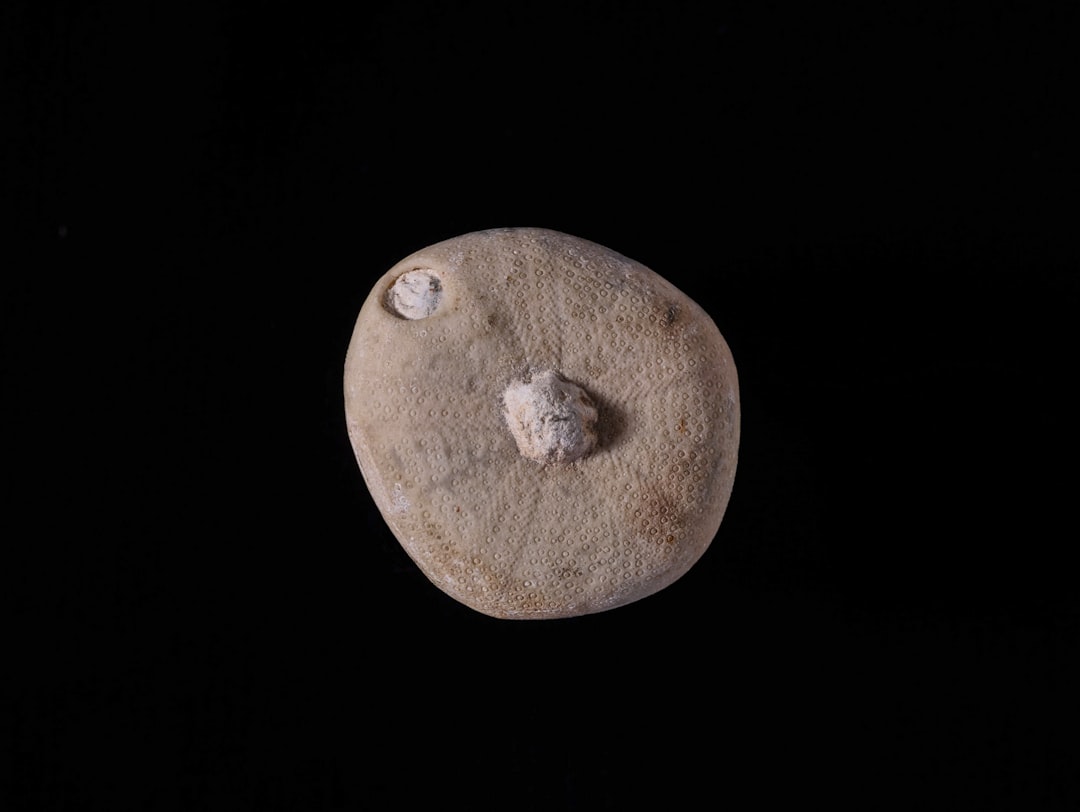
Corruption is a crime that has been rooted in the life of the Indonesian nations, ranging from government, senator, to law enforcement. There has no doubt if people are very disturbby this crime. Many assumptions and discourses are expressed to give and as additional deterrent effect to the perpetrators, ranging from impoverishment to perpetrators of the Corruption Crime, as well as the death punishment. Corruption crimes is a crime that must be eradicated by an extraordinary way, it is because corruption harms for many people, corruption caused inhibits all development, both physical and non-physical development. Basically the trigger factor of a person committing a criminal act of corruption is one of greed, as stated in a previously written paper, and the main purpose of the perpetrator of corruption crimes is wealth, and in fact perpetrators of corruption crimes are afraid of poverty. The formulation of the issues to be discussed in this paper is "Does the Poverty Method for Corruption Perpetrators Be Effective to Eradicate Corruption crime in Indonesia?" The meaning of impoverishment in this study is not an absolute impoverishment, but a Impoverishment that has been detailed calculated. The impoverishment can be specified as follows: - Impoverishment is defined by foreclosures; - Foreclosures is carried out in accordance with applicable rules; - Foreclosures accompanied by counts of losses suffered by the State; and - The effectiveness of Prevention and Eradication of Money Laundering Act, and the Eradication of Corruption Act (Especially on Article 18 and Article 38 C).



